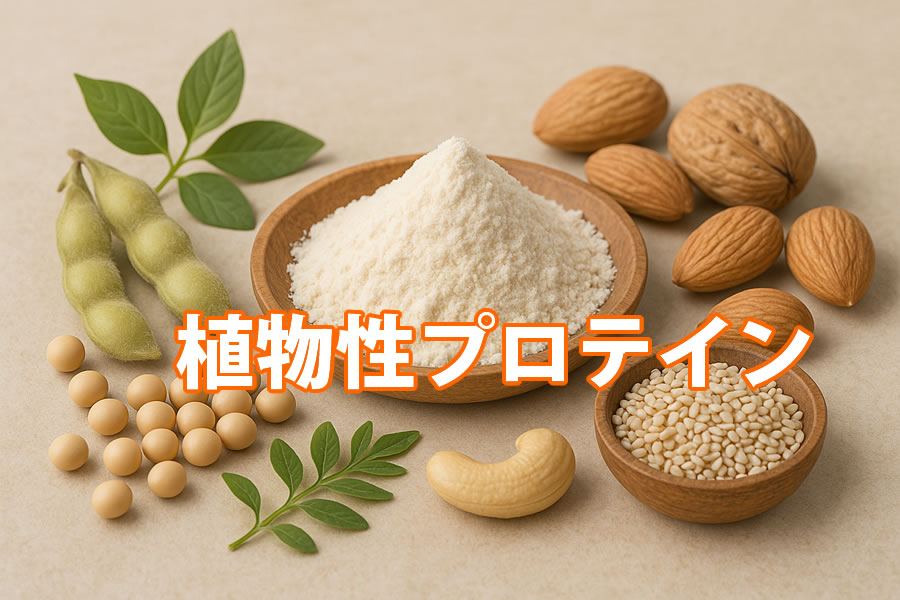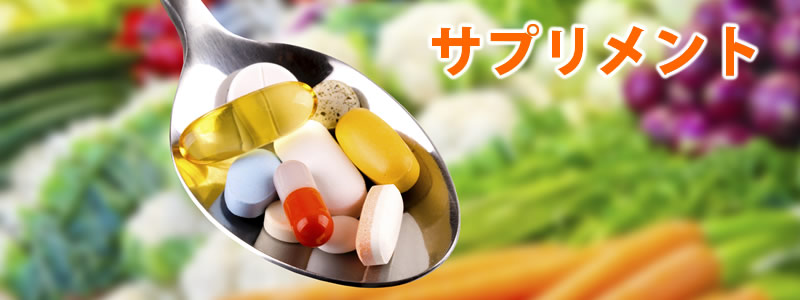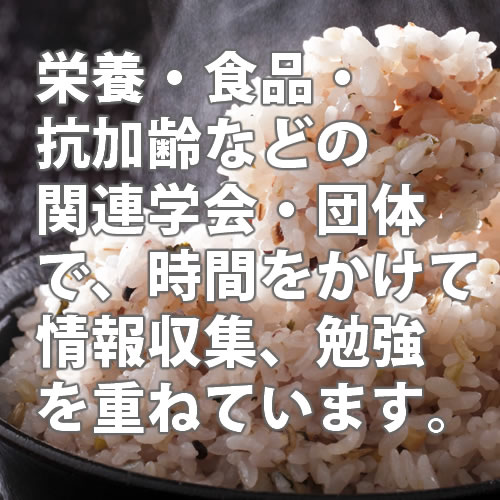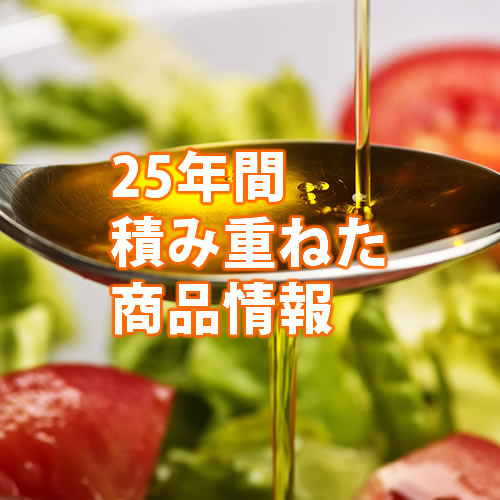
植物性プロテイン
▶ たんぱく質は、動物性・植物性をバランスよく。
▶ 植物性たんぱく質は、大豆に偏らず、多くの種類から摂りたい。
![]()
27年積み重ねた情報・知識に基づいた「目利き力」で「発掘・厳選」したイチオシ商品を紹介しています。

![]()
植物性たんぱく質の量と質を意識しよう!
(1分38秒)
![]()
◎ 引用元一覧(音声による紹介)
-
動物性たんぱく質と筋肉量の関係に関する研究
「Animal Protein versus Plant Protein in Supporting Lean Mass and Muscle Strength: A Systematic Review and Meta-Analysis of Randomized Controlled Trials」
▶ 動物性たんぱく質は除脂肪体重の増加にやや優位、特に若年層で顕著。 -
植物性たんぱく質と死亡率に関する大規模コホート研究(米国)
「Association Between Plant and Animal Protein Intake and Overall and Cause-Specific Mortality」
▶ 植物性たんぱく質の多い食事は、総死亡率・心血管疾患死亡率の低下と関連。 -
同様の知見を示す別の研究(Songら, 2016)
「Association of Animal and Plant Protein Intake With All-Cause and Cause-Specific Mortality」
▶ 植物性たんぱく質は死亡率低下と関連し、動物性たんぱく質(特に赤肉・卵など)はリスク増加と関連。 -
日本人を対象としたコホート研究
「Association of Animal and Plant Protein Intake With All-Cause and Cause-Specific Mortality in a Japanese Cohort」
▶ 植物性たんぱく質の摂取はがん・心疾患などの死亡リスク低下と関連。 -
P:A比(植物性:動物性たんぱく質の比率)と心血管リスクに関する研究
「Dietary plant-to-animal protein ratio and risk of cardiovascular disease in 3 prospective cohorts」
▶ P:A比が高いほど冠動脈疾患リスクが低下。赤肉→植物性への置き換えが効果的。 -
たんぱく質の環境負荷や健康影響を検討した研究
「Plant to animal protein ratio in the diet: nutrient adequacy, long-term health and environmental pressure」
▶ 植物性たんぱく質比率が高いほど栄養バランス・環境負荷の両面で有利。 -
植物性食と栄養・健康・安全性に関する包括的レビュー
「The Safe and Effective Use of Plant-Based Diets with Guidelines for Health Professionals」
▶ すべてのライフステージにおいて、適切な設計の植物性食は安全かつ健康に寄与。 -
WHOによる植物性食の推奨と注意点
「Plant-based diets and their impact on health, sustainability and the environment: a review of the evidence(WHO Fact Sheet)」
▶ 非感染性疾患リスクの低減と環境面での利点を指摘しつつ、超加工食品への注意も提言。 -
植物性・動物性たんぱく質摂取と死亡リスクのメタアナリシス
「Dietary intake of total, animal, and plant proteins and risk of all cause, cardiovascular, and cancer mortality: systematic review and dose-response meta-analysis of prospective cohort studies」
▶ 植物性たんぱく質摂取量が多いほど、全死因・心血管疾患死亡リスクが有意に低下。
◎引用文献一覧
-
Lim, M. T., Pan, B. J., Toh, D. W., Sutanto, C. N., & Chang, Y. P. (2021).
Animal Protein versus Plant Protein in Supporting Lean Mass and Muscle Strength: A Systematic Review and Meta-Analysis of Randomized Controlled Trials.
Nutrition, 81, 110929. https://doi.org/10.1016/j.nut.2020.110929
▶ PubMed: PMID: 33360424
-
Huang, J., et al. (2020).
Association Between Plant and Animal Protein Intake and Overall and Cause-Specific Mortality.
JAMA Internal Medicine, 180(9), 1173–1184. https://doi.org/10.1001/jamainternmed.2020.2790
▶ PubMed: PMID: 32761144
-
Song, M., Fung, T. T., Hu, F. B., Willett, W. C., Longo, V. D., Chan, A. T., & Giovannucci, E. L. (2016).
Association of Animal and Plant Protein Intake With All-Cause and Cause-Specific Mortality.
JAMA Internal Medicine, 176(10), 1453–1463. https://doi.org/10.1001/jamainternmed.2016.4182
▶ PubMed: PMID: 27479196
-
Budhathoki, S., et al. (2019).
Association of Animal and Plant Protein Intake With All-Cause and Cause-Specific Mortality in a Japanese Cohort.
JAMA Internal Medicine, 179(11), 1509–1518. https://doi.org/10.1001/jamainternmed.2019.2806
▶ PubMed: PMID: 31524957
-
Sun, Q., et al. (2023).
Dietary Plant-to-Animal Protein Ratio and Risk of Cardiovascular Disease in 3 Prospective Cohorts.
European Heart Journal, 44(4), 330–340. https://doi.org/10.1093/eurheartj/ehac623
▶ PubMed: PMID: 36476501
-
Rouhani, M. H., et al. (2023).
Meat Consumption and Prospective Weight Change in Participants of the EPIC-PANACEA Study.
The American Journal of Clinical Nutrition, 117(1), 176–186. https://doi.org/10.1016/j.ajcnut.2022.10.010
▶ PubMed: PMID: 36396636
-
Mariotti, F., et al. (2021).
Plant to Animal Protein Ratio in the Diet: Nutrient Adequacy, Long-Term Health and Environmental Pressure.
Advances in Nutrition, 12(2), 706–718. https://doi.org/10.1093/advances/nmaa067
▶ PubMed: PMID: 32761039
-
Melina, V., Craig, W., & Levin, S. (2016).
Position of the Academy of Nutrition and Dietetics: Vegetarian Diets.
Journal of the Academy of Nutrition and Dietetics, 116(12), 1970–1980. https://doi.org/10.1016/j.jand.2016.09.025
▶ PubMed: PMID: 27886704
-
World Health Organization (WHO). (2021).
Plant-based diets and their impact on health, sustainability and the environment: a review of the evidence.
WHO Fact Sheet.
▶ 公開ページ: https://www.who.int/news-room/fact-sheets/detail/plant-based-diets-and-their-impact-on-health-sustainability-and-the-environment
![]()
[目次に戻る↑]
▼ サプリ・栄養食品 イチオシ商品
- ▶ サプリメント
【クリニック品質】
ビタミンB群、ビタミンC、ビタミンD、レスベラトロール、亜鉛、ギャバ、コエンザイムQ10、ルテイン・・・

- ▶ 粉末・パウダー状 栄養食品
【食事に加えて食事として食べる】
コラーゲン、菊芋、ビタミンC・・・ - ▶ 植物性プロテイン
植物系・動物系のバランスを整える - ▶ コラーゲン
コラーゲンペプチド・グリシン・良質なたんぱく質
▼ こだわり商品研究所が選ばれる理由



▼ イチオシ商品 ショールーム
★ イチオシ商品のショールームです。カタログをペラペラめくるように、スクロールしながら気軽に眺めてください。
▼ こだわり商品研究所:4つの【TOPページ】
▼ こだわり商品研究所の商品選び

エイジングケアのための商品(栄養・スキンケアなど)を選ぶためには多くの情報と知識が必要です。お客様の代わりに情報収集・勉強するのが「こだわり商品研究所」の役割と考えています。
●25年以上、展示会に通い続け、数万商品を見続け、「情報」を蓄積してきました。
●日本抗加齢医学会、日本脂質栄養学会、日本食物繊維学会、大麦食品推進協議会、日本黒酢学会、日本オリーブオイルソムリエ協会など、商品選びに必要と思った会には積極的に参加するなど、「知識」を入手してきました。
●商品を選ぶにあたっての「判断」は、「売れるから選ぶ」ではなく「お客様のお役に立てるから選ぶ」。「理念」が重要な意味を持ちます。
●その「情報」と「知識」と「理念」で選んだ「イチオシ商品」を「詳しい説明」で、ご紹介しています。

こだわり商品研究所
研究員バイヤー
野崎一典
日本抗加齢医学会会員
オーソモレキュラーニュートリションエキスパート(1期)
日本オリーブオイルソムリエ協会 ジュニアオリーブオイルソムリエ®コース修了
国際食学協会 食学オイルマイスター
Natural Life & Beauty Association プロフェッショナルコース修了
▶ 会社案内









